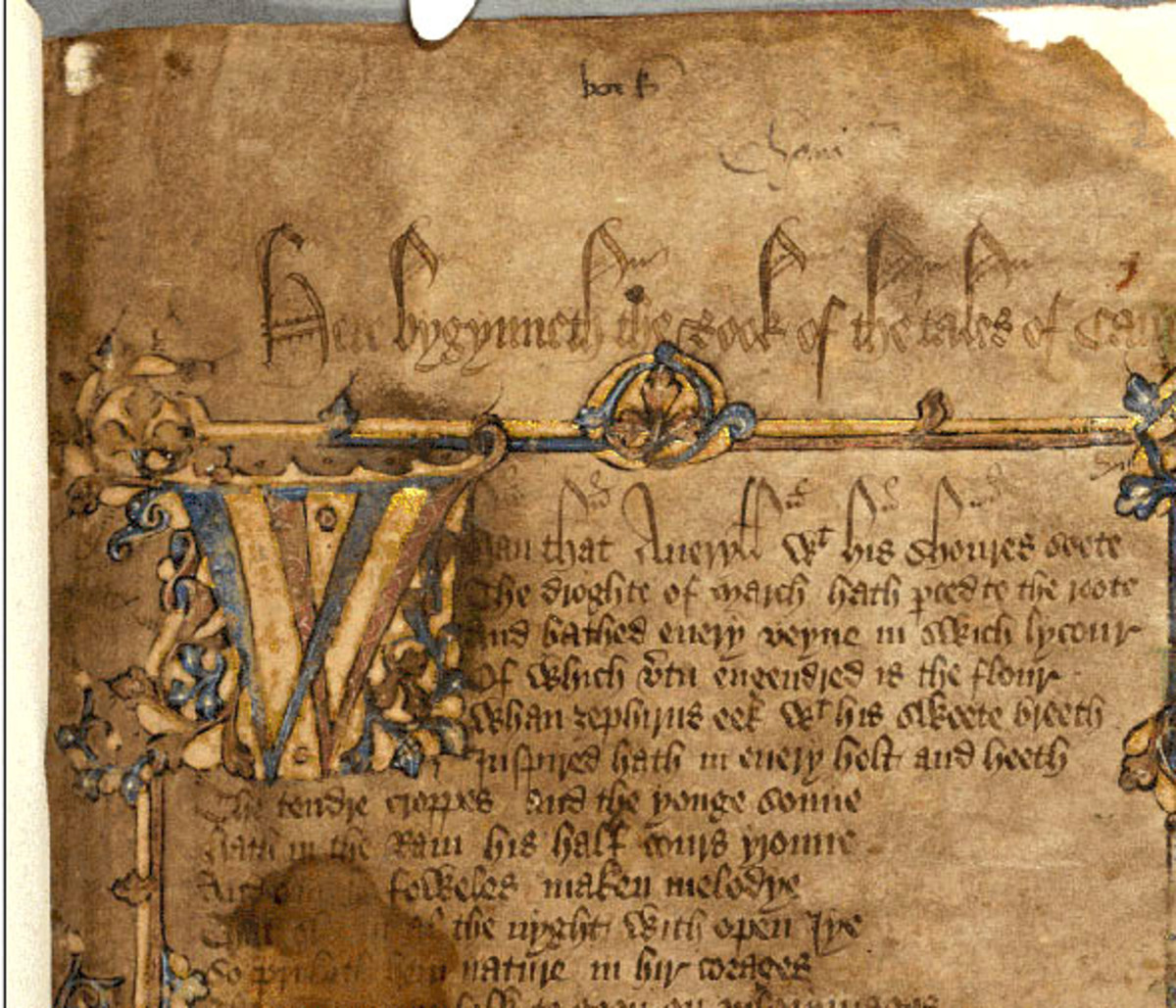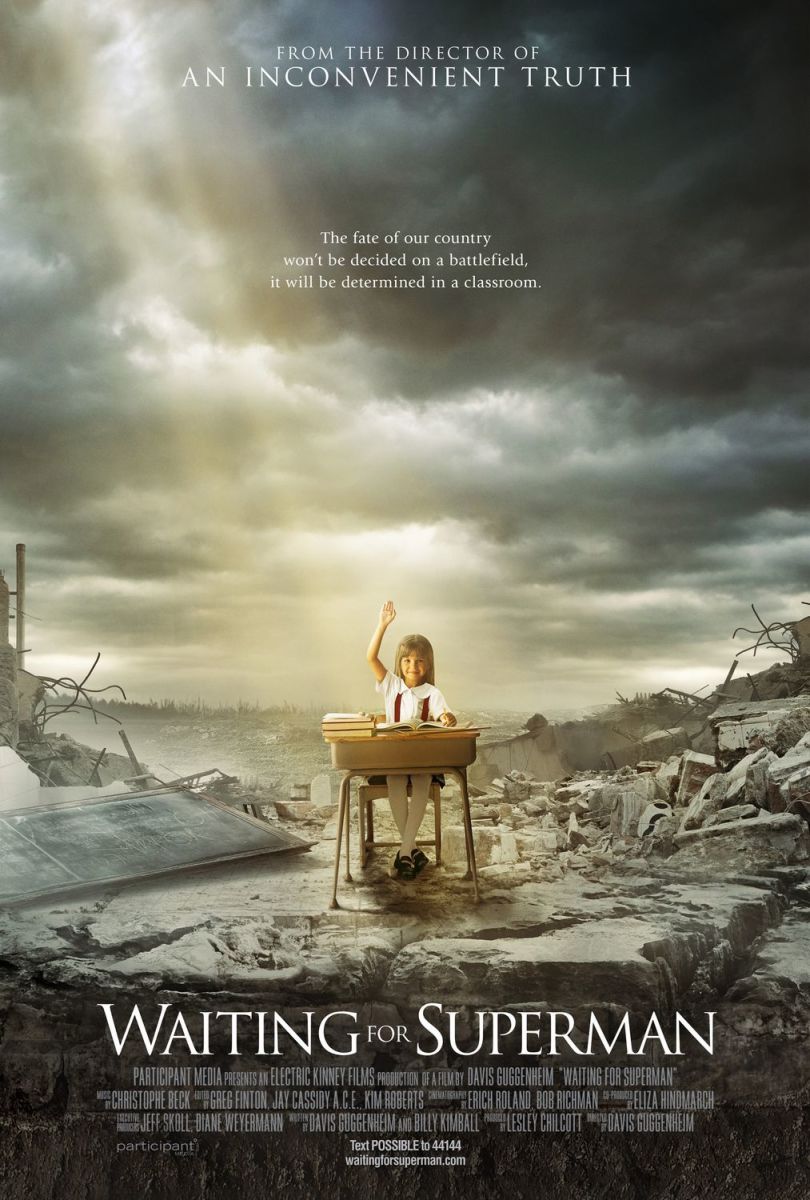The Clearing (2004)
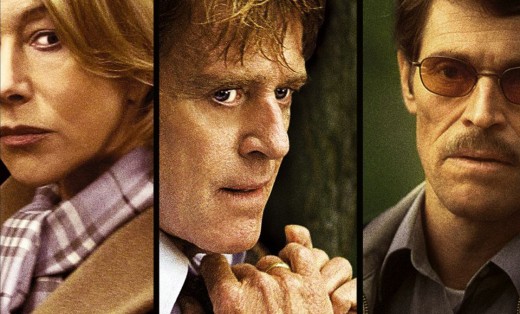
Probably, like many, this film passed your attention without any notice whatsoever.
The film is worth watching. It has plenty of plot holes but just seeing Redford play off off of Defoe is a treat. Having Helen Mirren in a lead role is a bonus.
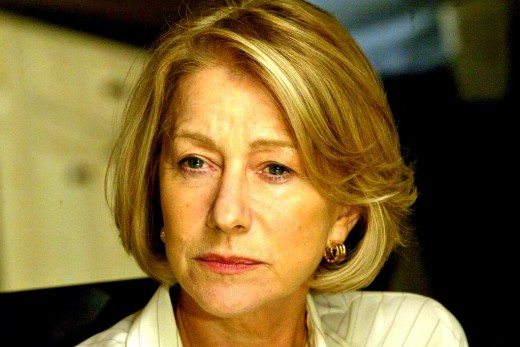
The plot is not untypical. A rich guy (Redford) is kidnapped for loot. The difference here is that the Defoe character is not your typical kidnapper. He's an amateur -- not without cunning but far from typical. He's not a psychopath, just someone down on his luck, but less desperate than just plain sick of his existence. He's smart enough to pull off the kidnapping but isn't entirely comfortable with his role.
The best scenes are those where very little happens but some adroit dialogue between Redford and Defoe. Defoe tries to convince Redford that he's just a kind of mule -- someone being paid to bring him to a cabin where the real bad guys will take over. Along the way they have lengthy conversations about their lives -- seemingly ordinary stuff about their wives, their family, their jobs. And it's all interesting -- in what seems like an incidental way but isn't.
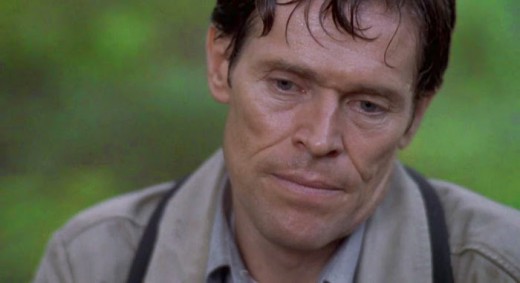
I can see why Redford chose to take a part in this movie. It has a statement -- not the least of which is when Redford says that he worked hard to get to his level of wealth and finds being held ransom at gunpoint for his efforts reprehensible.
I viewed this film seeing an overarching statement being made about the rich vs. the underclass. For me, the film represented Redford's own view on class inequality. Whether the depiction is fair or not depends on your point of view, I suppose. The film is predispositioned to give Redford (and thus the upper-class) a kind of edge.
The fact that Defoe is presented as a semi-caring guy tries to find some middle ground. Defoe isn't a dullard or unsympathetic personality but is brutal enough to exploit Redford and has his justifications -- even though these justifications make him a weak criminal. He's smart enough, guiling enough to learn everything he needs to know about making the kidnapping effortless, but one can see that he's not entirely comfortable in achieving his goal.
This is a modern-day class warfare depiction. If this estimation is correct, I personally don't think it's accurate. The underclass may envy the upper-class, may want to rob them of their riches, may even contemplate holding them at gunpoint, but would they go so far as Defoe does in this film?
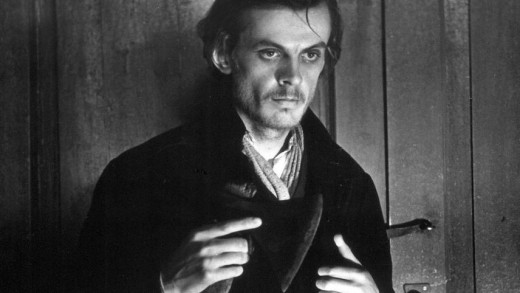
"The Clearing" is not too far afield of "Crime and Punishment," with the exception that we are exposed to a prolonged exchange between the rich and poor. The miserly woman upstairs is replaced by Redford -- who is shown to have had his own ups and downs -- at least personally. Defoe actually has a better marriage, but seeing his wife work a lousy job, while his own prospects seem nil, compel him to take desperate measures. He has had enough of being in the underclass.

"The Clearing" isn't a great film but certainly worth a viewing. As I said at the onset, it has some gaping plot holes. The most obvious ambiguity is how Redford's family can seem to be waiting days to hear from him while he and Defoe only seem to spend a single day together.
But, if you leave such details aside, you'll see that the focus of the film is really between Redford and Defoe. Everything else gives coloration to the film but its mostly stuff we've seen before -- although maybe not quite as well done. The scenes with Helen Mirren are very true to life, not overwrought or overplayed. The scenes are valuable in the sense that the audience understands that Redford is a "good man," and doesn't deserve what he has to undergo. Maybe an equal amount of time should have been rendered to Defoe's homelife and what he has to undergo.
For people who just enjoy a taut drama with good acting, with no explosions, no cars flying through the sky, no buildings being demolished, you may want to try this on for size. It's not a perfect film by any means but if you sort of miss basic drama, without pyrotechnics, I think you'll find enough to enjoy about the movie to feel it was worth the time.
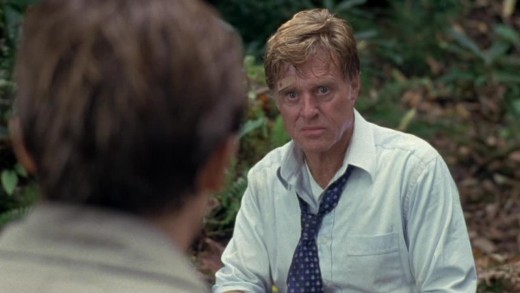
Trailer
I can't help but wonder if this film might have turned out differently if filmed today. The middle-class is struggling. Groceries cost twice as much as they did in 2014. With the huge influx of immigrants who are just happy to live at the high end of the lower class or the lower end of the middle class, we aren't going to see any class warfare. Yet, you read about a few billionaires who are actually asking to be taxed at a higher rate. The rich are indeed getting richer while politicians keep looking avariciously toward social programs to redirect funds towards weapons of war and global domination.
You can only squeeze the middle class so far before it has an effect upon the upper class. They depend upon the middle class to keep them afloat -- at least some of them, and if the middle class can no longer afford to eat in restaurants or buy clothing, you won't need a militaristic kind of revolution. As the money flows into fewer and fewer hands, the upper-middle class (or lower upper-class) will start to balk, and there will have to be a shift. You cannot keep the wealth of a nation bottled up in a one or two percentile without their eventually being some kind of redistribution of wealth. One way or another that one or two percent will have to let go of their purse strings. Keeping the underclass away from adequate medical treatment could lead to a contagion that would leave no one being immune -- I don't care how rich you are.
But just from an economic standpoint, you cannot starve your slave class and expect them to keep producing at the same pace -- I don't care how many robots with which you replace them with or how many jobs are shifted to other continents. Americans will bend a lot and just grumble, but if they start to get hungry...




